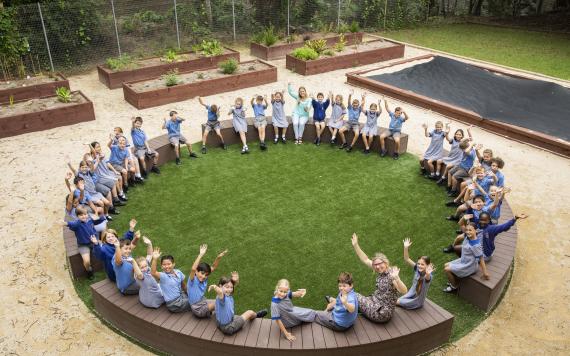The early learner needs the care, consideration and teaching of the significant adults in their lives to be safe and to thrive.
Families matter and home/school partnerships really do make a difference
Blog | Aug 03, 2020
There is substantial research that tells us that what families do, what they value and the expectations they have of their children have an impact on school success and beyond. Combining these values and attitude with a trusting, respectful partnership between families and schools also contributes positively to both school and life success.
The early learner needs the care, consideration and teaching of the significant adults in their lives to be safe and to thrive. Their needs, as they enter school settings* are an opportunity for the adults to develop the mutual relationships that support learning.
Everything you do with your little people is a learning experience, every conversation you have, every book you share, every cake you bake, every song you sing together helps them to build the foundational skills they need to be both literate and numerate.
Literacy and numeracy are fundamental to an individual’s capacity to engage with and contribute to society.
Literacy involves listening, reading, viewing, speaking, writing and creating, oral, print, visual and digital texts. Being literate means being able to use and modify language for different purposes in different contexts both in and out of school. [1]
Numeracy involves students recognising and understanding the role of mathematics in the world and having the disposition and capacity to use mathematical knowledge and skills purposefully in their everyday lives. [2]
Families and teachers lay down the foundations for learning that set children on the path to be ‘confident creative individuals, successful lifelong learners and active informed members of the community’. [3]
The message is simple, all the adults in a child’s life have an important role to play in teaching them about how to live well in the world, to find joy, success and resilience. We are best when we act in a partnership that is based in mutual respect, trust and responsibility and when we understand deeply that little children are always learning. We do it well when we know and use the learning that exists for the child, in the everyday activities of life.
*school settings refers to both informal prior to school setting and formal school setting
We know home/school partnerships make a difference….
How have you found that you have been adapting your practice in a remote learning environment?
Where do you draw your inspiration from and how have you shared ideas?
[1] ACARA 2016, What is literacy?
[2] ACARA 2016, What is numeracy?
